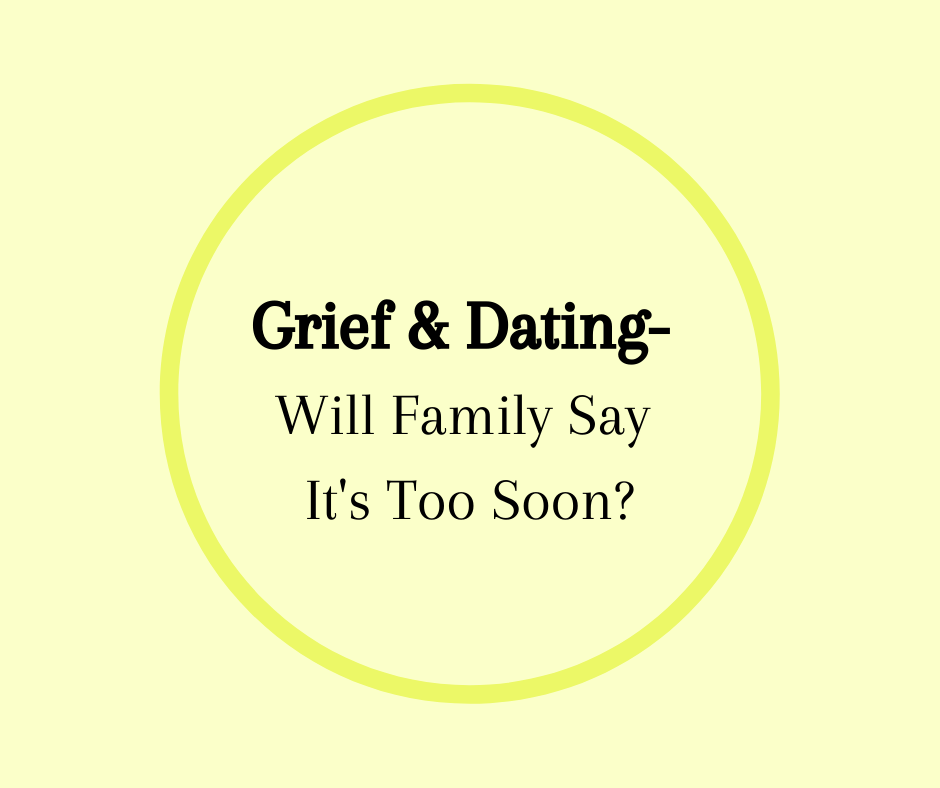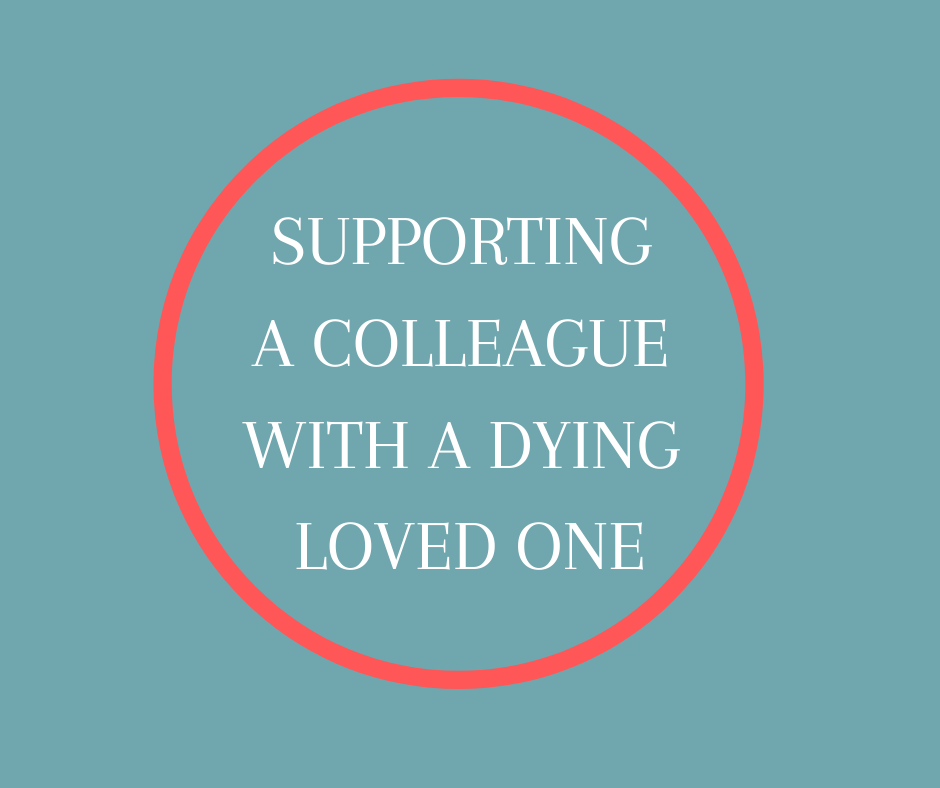Dear Barbara, I started following a Facebook story that described a traumatic hospice experience. I would like your input. Here is what happened: A daughter died and the mother was not prepared for what to do following a hospice death at home.
The questions about this experience are:
1. What do you tell family members to do after their loved one has died?
2. How long is it usually before a funeral home can claim a body?
3. What should a family do when a loved one passes at home, over night, before a hospice nurse can get there?
Thank you for asking these questions. Here are my thoughts.
- What do you tell family members to do after their loved one has died?
First, I am going to tell them before their special person dies what dying will look like and what to expect will happen. Knowing ahead of time lets the family/significant others know, as they watch, that nothing pathological is happening. They can see that what is occurring was predicted ahead of time so while very sad is not bad or unexpected.
During that time I also encourage each person present to go in alone and spend time and say from their heart everything they need to say. The person dying is non-responsive but I reassure the family that their person can hear.
Immediately following the death I clean the body (offer family, if they want, to help or not), tidy the room, turn off overhead lights and have a small lamp on. Then I have the family come in to individually say goodbye again. This is the last time they will have a natural setting to say goodbye. Also, have the people present call anyone that needs to come over to say goodbye.
I see this as much a part of hospice education as anything, although less and less hospices are doing this.
Even if the hospice isn't there at the moment of death they can at least prepare the family ahead of the death about options of what to do and say.
A side note: I think hospice should stay until after the body is gone, tidy the room again, make the bed (even if it is a hospital bed) and leave a memento (picture, flower, stuffed animal, whatever you can find) on the pillow. This turns the room their loved one died in into a memorial of sorts rather than the nightmare of watching their loved one die. The room will hold the memory forever. We can make it a comforting memory. That is also a part of the hospice's job.
2. How long is it usually before a funeral home can claim a body?
There is no set time. Arrival depends on how busy the funeral home is, how far they have to drive and, I'm sure, other factors. Ideally, you call them and they get in their van and come over. At least they should give an estimated time of arrival.
3. What should a family do when a loved one passes at home, overnight, before a hospice nurse can get there?
In my mind there should be no "overnight, before the hospice nurse can get there."
My idea of hospice service is to come to the house (no matter the time, day or night) to guide and support the family and those people present through the trauma of watching their loved one be taken from their home to the funeral home.
I understand that with hospice today they generally are not with the family during the hours before and at the moment of death (I don't like that, I feel that being there is part of hospice's job but recognize it no longer is). BUT, who pronounces death if hospice doesn't come?
Why in the world would hospice leave a family with a dead body until morning because morning is convenient for them to visit? What is on call 24/7 for if not to support the family through this most frightening, challenging time? Tell me that is not happening!
Something More... about Traumatic Hospice Experience
We have resources to help train end of life caregivers. Hospice volunteers, Death Workers, Hospice Nurses (particularly the new hires), Chaplains, Social Workers can all benefit from our End of Life Caregiver Bundle.








14 comments